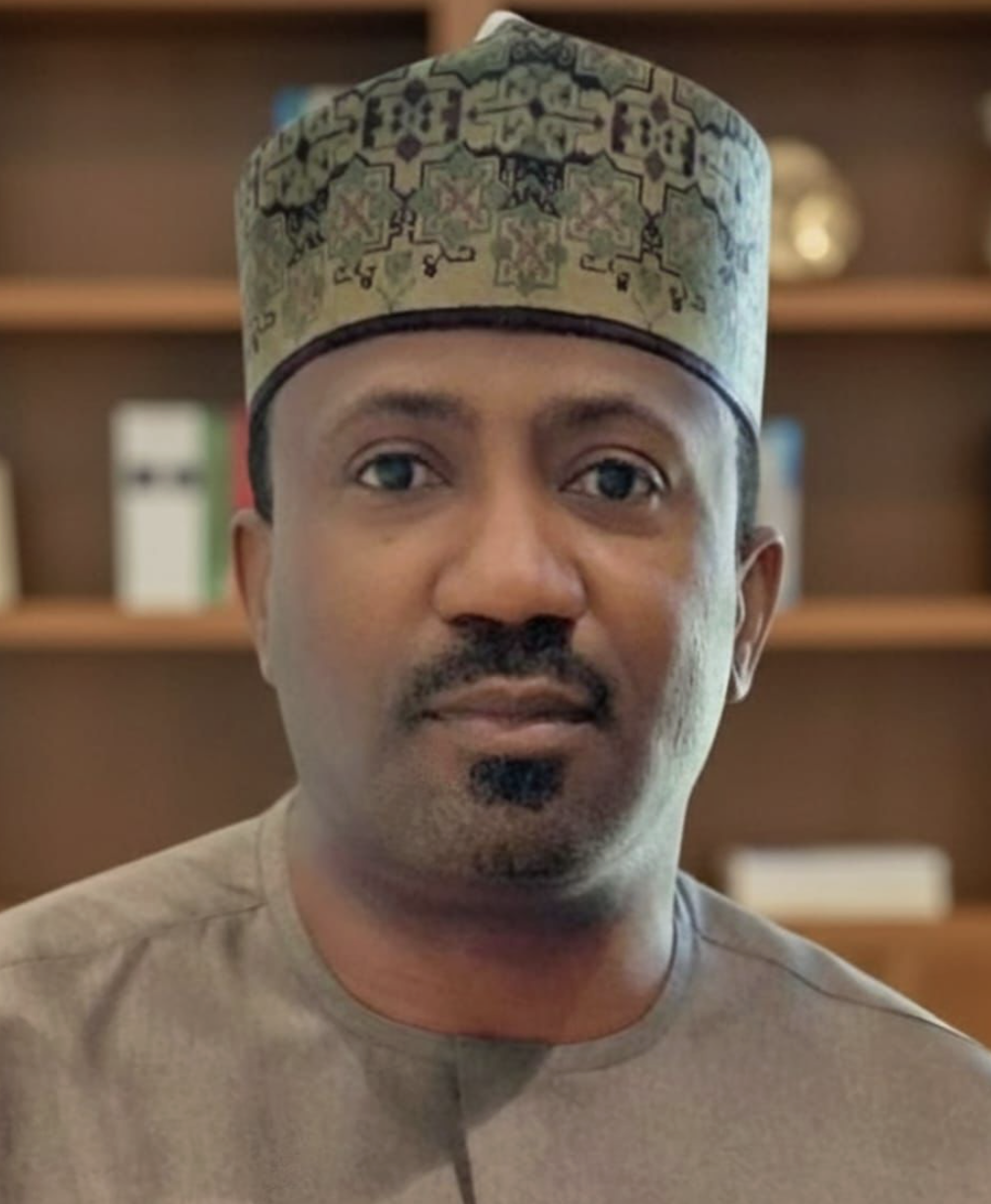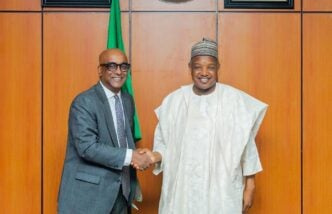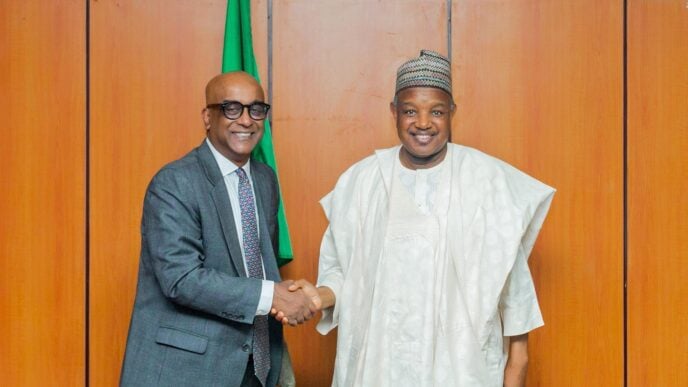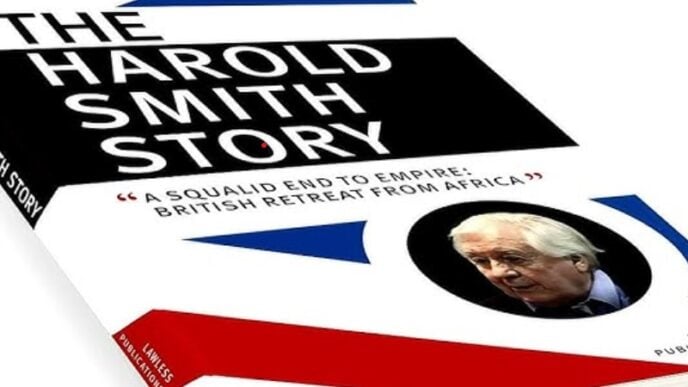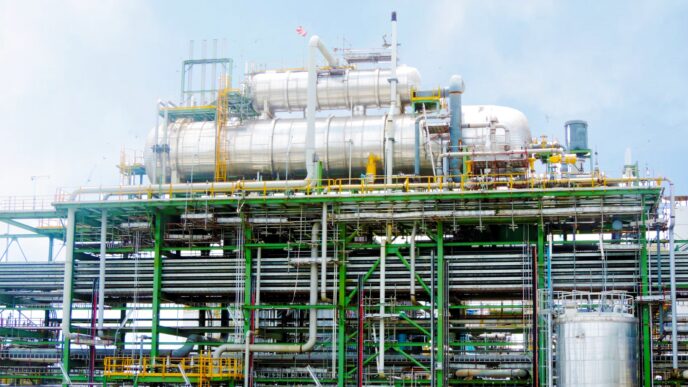If you have integrity, nothing else matters. If you don’t have integrity, nothing else matters. — Alan K. Simpson.
In the theatre of Nigerian public life, integrity is a memory — a thing that was once there but is now minimal in public institutions. And nowhere is this painful truth more evident than in the heart of our national economy — the oil and gas sector.
If you were to conduct a poll among discerning citizens — investigative journalists, lawyers, academics — those whose professions demand a critical analysis of information — you would find a common, unshakeable consensus. The outcome would not be about who to trust; it would be about who not to trust. Forget the name Dangote; forget the current administration. Look at the institutions themselves: the NNPCL and its now-merged counterparts like the Depart of Petroleum Resources (DPR) and Petroleum Equalisation Fund (PEF) (all now rebranded as Nigerian Midstream and Downstream Petroleum Regulatory Authority (NMDPRA) and Nigerian Upstream Petroleum Regulatory Commission (NUPRC)), and even the vaunted unions like Nigeria Union of Petroleum and Natural Gas Workers (NUPENG) and Petroleum and Natural Gas Senior Staff Association of Nigeria (PENGASSAN). These names do not evoke confidence. They summon a historical baggage so heavy it could sink a fleet of tankers.
Every Nigerian who has endured the past 15 to 30 years has been a front-row witness to the grand larceny and systemic corruption that have defined our oil and gas sector. We have seen it all: the countless fuel crises, the dubious subsidy payments, the unrepaired refineries, the vanishing crude, and the phantom oil marketers. We have watched as national assets were sold off or left to rot, and all while the people, the supposed owners of the resources, suffered in silence. And in this long, sordid drama of betrayal, where were our oil sector unions? Can anyone recall a single moment where they rose to the occasion, not just for their members, but for the nation? The list of their inactions is a mile long – a testament to a complicity born either of silence or self-interest. Hundreds of investigative journalists like Ijeoma Nwogwugwu of ThisDay newspapers and civil society organisations had over-documented these failures long before any current dispute with Dangote came to light.
Advertisement
This is why the public isn’t necessarily siding with Dangote, but they can’t bring themselves to support the unions or institutions in the oil and gas industry. When the unions cry foul, their historical failures are a far more potent weapon against them than any counter-accusation. Their lack of integrity, their historical inconsistency, and their perceived alliance with the same corrupt forces they now ostensibly claim to be fighting, makes them guilty in the public eye. All a smart opponent needs to do is remind Nigerians of the times the unions failed to show up for the people of Nigeria. A few well-placed infographics, a simple timeline of their complicity, would be enough to remind the public and render their current seemed protests null and void.
It is right, and just, to fight for workers’ rights. But the legitimacy of that fight is inextricably linked to the integrity of those who are fighting. Nigerians are looking at the fighters and seeing their past. If the face of the struggle were a consistent and incorruptible figure like, say, a Falana or Sowore, the public would rally behind them without a second thought. But the oil sector unions? Skepticism is not born of malice, but of memory.
The verdict is not a matter for a long, drawn-out debate. It is a simple question of choice, however unpalatable the options. I wager that if you were to run a poll on whether Nigerians would prefer a monopoly by Dangote, a private entity, versus the status quo of NNPC, NUPENG, NMDPRA, and PENGASSAN, the answer would be swift and decisive. In a choice between the devil they know and a devil whose past has been a constant source of national pain, many would choose the former. It is a sad indictment of our institutions, but a testament to the fact that when you squander public trust for decades, the consequences are always zero even when you may be doing the right thing for some 800 sacked workers.
Advertisement
Yakubu is the executive director of Center for Fiscal Transparency and Public Integrity.
Views expressed by contributors are strictly personal and not of TheCable.
